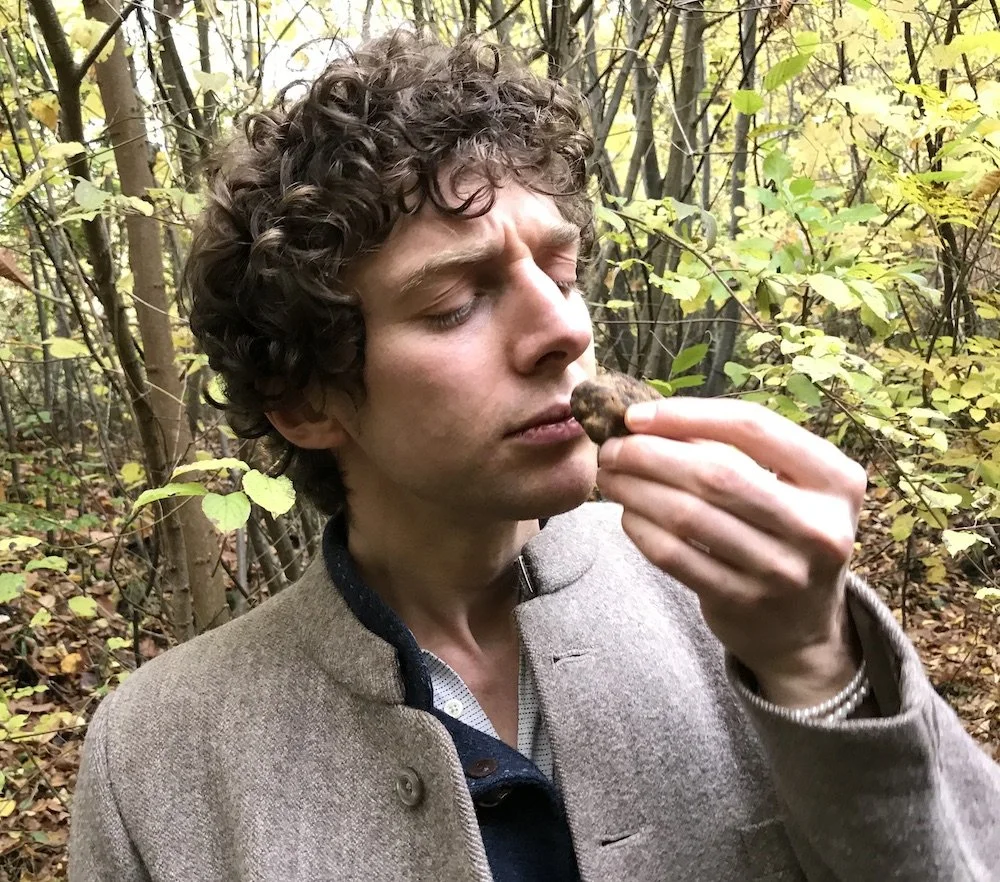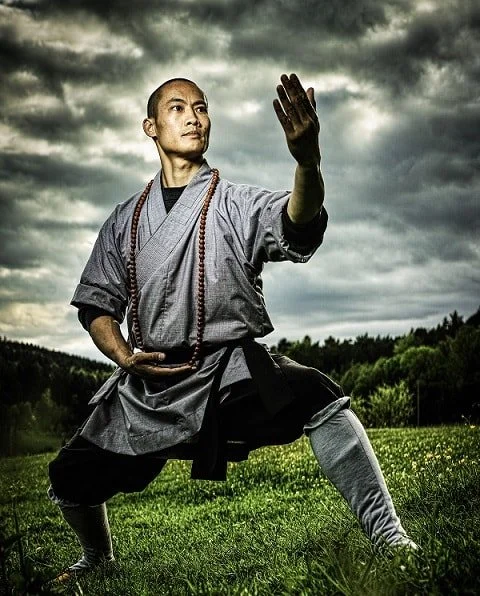BRIAN WILCOX
/Chief Engineer & Co-founder of Marine BioEnergy
Grows Kelp in the Ocean to Provide Carbon-neutral Fuels
The kelp plant itself can grow to 30 meters easily, and sometimes 40 meters, so it’s a huge plant…When people look around the world today, seeing the news, making the world a better place is getting increasingly important. People have to pay attention to what they can do as individuals to make the world a better place. The world is not going to become a good place on its own. If there weren’t for thousands and millions of people, phenomenal sacrifices that people make. When you see what some people do and the risks they take. I have basically found my job for the remaining years that I have on the earth to try to make the world a better place.
















